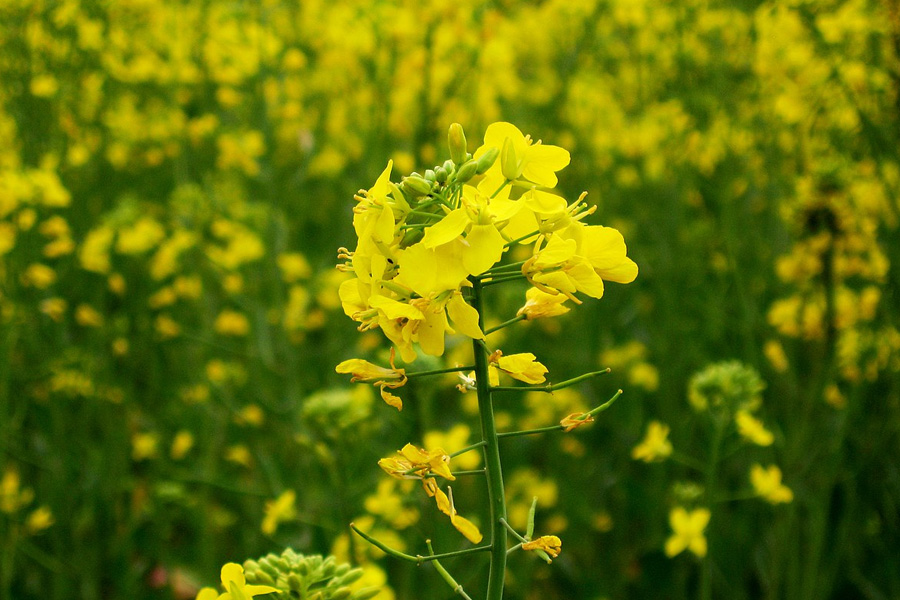
The argument that cultivation of Dhara Mustard Hybrid (DMH- 11) should be permitted during the ongoing sowing season was set aside by the Supreme Court.
Authors
Govind Singh, Associate Professor, Jindal School of Environment & Sustainability, O.P. Jindal Global University, Sonipat, Haryana, India.
Shamita Nambiar, Student, Jindal School of Environment & Sustainability, O.P. Jindal Global University, Sonipat, Haryana, India.
Summary
The conditional approval of Dhara Mustard Hybrid (DMH- 11) has created some uproar in the country. While the approval from the Government of India came last year, its extension into field trials was halted by the Supreme Court in August this year. The argument that cultivation of DMH-11 should be permitted during the ongoing sowing season was set aside by the Supreme Court. The Supreme Court observed that we must first examine the impacts of such crops on ecology and the environment.
Genetically modified (GM) crops are created by altering the DNA of existing crop plants. A gene fragment is either altered or inserted from another species into the genome of the food crop. The resulting genetically modified organism (GMO) includes in its genome a deleted, modified or new gene fragment which switches off or expresses a new character or ability not found in the original plant. While the terms GMO and transgenic are often used interchangeably, transgenic refers to an organism with a gene fragment from another species in its genome. A GMO is any organism with an altered genome either through addition or deletion in its own genome or introduction of a gene fragment from another species. Research into GM crops has been on for many years.
Published in: The Statesman
To read the full article, please click here.

